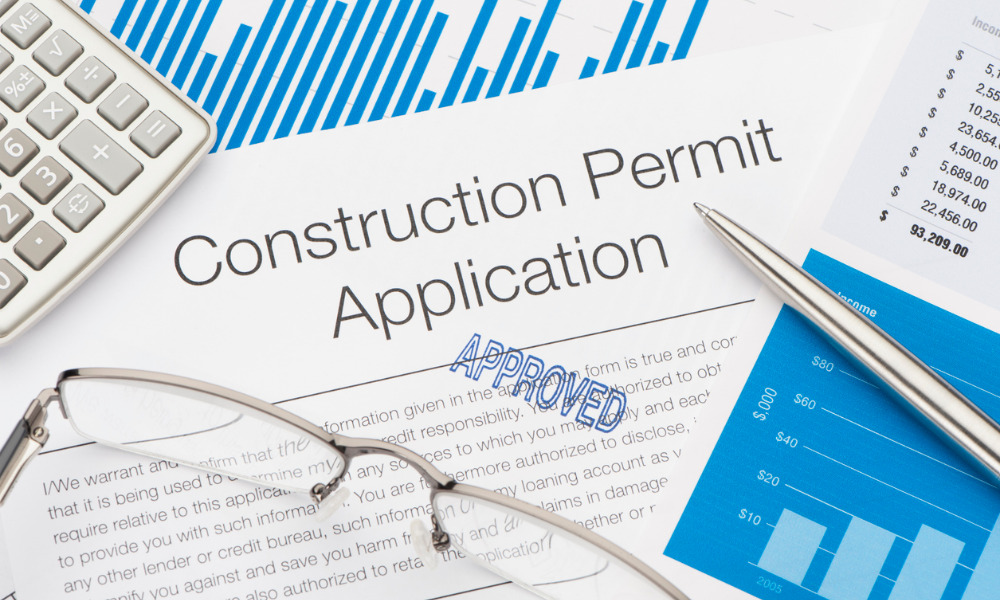The city's construction application volumes have also doubled over the last decade

Delays and inefficiencies within the City of Toronto’s Committee of Adjustment process add anywhere from $21,000 to $58,000 annually to the cost of building projects, according to a study conducted by Altus Group Economic Consulting for the Building Industry and Land Development Association.
“Toronto is a rapidly growing city, and the building of infill homes and renewal of existing housing stock add much-needed housing supply for current and future residents,” said Justin Sherwood, senior vice president at BILD.
“With the city recently adopting various zoning reforms such as four units per lot as of right, and looking to make additional changes in the near future, the need for a more efficient process that reduces strain on city resources has never been greater.”
The study covered the timelines for minor variance applications over the 2015-2022 period, and found that application volumes to Toronto’s COA and Toronto Local Appeal Body (TLAB) processes have doubled over the last decade.
This has led to significant delays that added roughly 8% to 14% annually in additional construction-related costs, amounting to between $9 per square foot to $19 per square foot annually.
“The total average decision timelines for typical COA applications, regardless of COA district, were 95 days across the entirety of the eight-year period,” the study added.
“This is 65 days longer than the 30-day service standard required by section 45(4) of the Planning Act and 32 days longer than the 63-day target for service standards set by the city.”
Paul Baron, President of the Toronto Regional Real Estate Board, emphasized that the housing market in Toronto may experience volatility in the short term due to uncertainty regarding interest rates.https://t.co/FCQ1dHu7Hx#mortgageindustry #housingmarket #interestrates
— Canadian Mortgage Professional Magazine (@CMPmagazine) September 9, 2023
CMHC highlights consumer impact of delays
Regulatory hurdles proved to be the most significant in Toronto and Vancouver, Canada Mortgage and Housing Corporation (CMHC) said earlier this year.
“The Greater Toronto and Greater Vancouver Areas have the longest approval times in Canada, which are almost 4 times as long as regions with more affordable housing,” CMHC said. “Atlantic provinces, Quebec and the Prairies are much less regulated, having 23% to 34% less land use regulation than the Greater Toronto Area.”
The costs of lengthy approval times ultimately trickle down on end consumers, the Crown corporation warned.
“While many of the regulations have important socio-economic goals, the extent and suboptimal implementation of these regulations can limit what developers can do and may hold back the development of new housing,” CMHC said.



